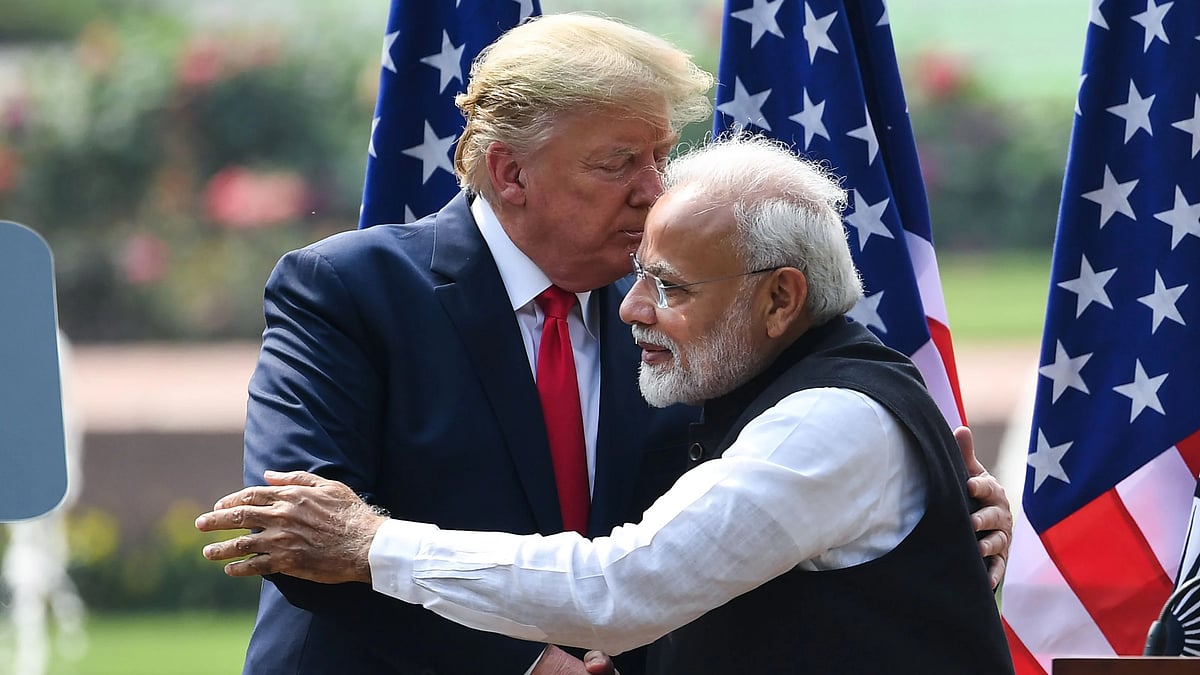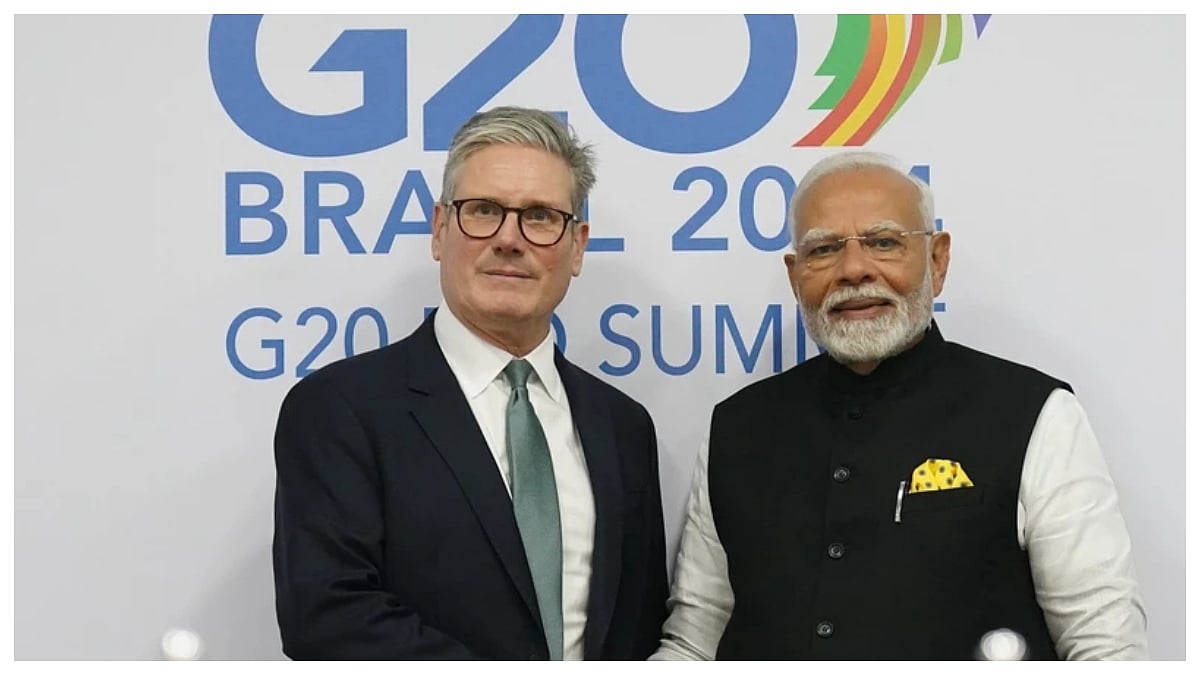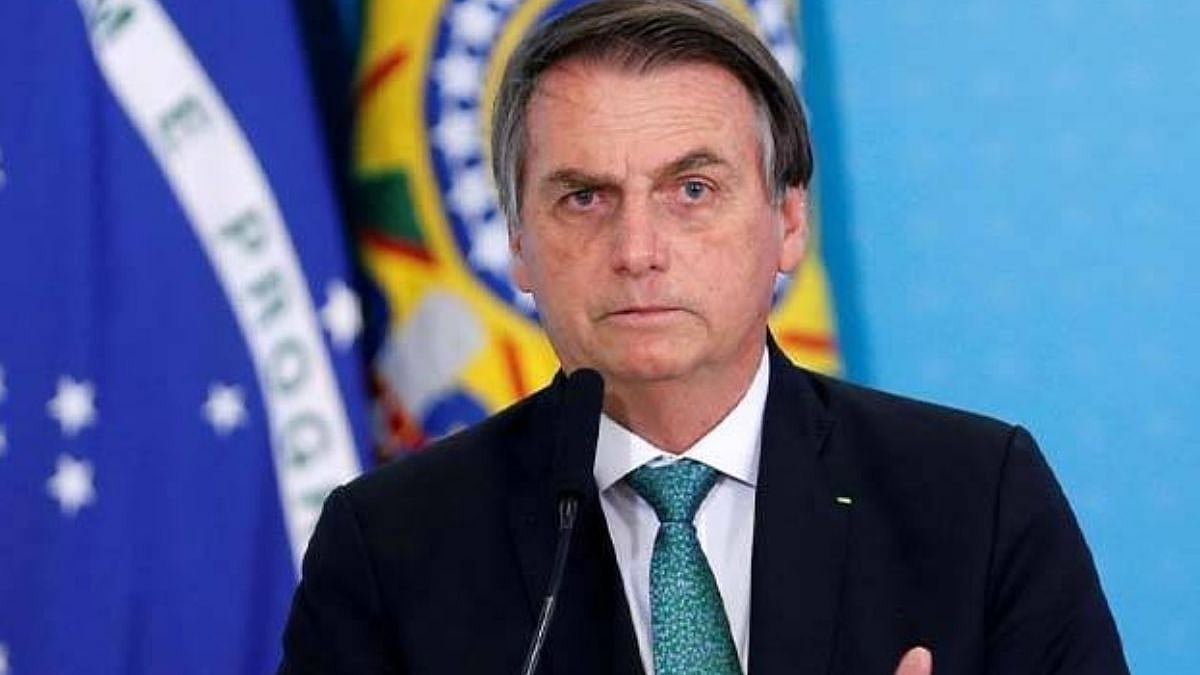India’s relations with the US have run into rough weather after President Donald Trump posted on the social media platform Truth Social his decision to impose 25% tariffs on imports from India. He also announced “a penalty” for buying “a vast majority of… military equipment from Russia” and for being “Russia’s largest buyer of energy.”
New Delhi would have expected this response from the US president since India refused to buckle under Washington’s pressure to allow the US businesses to sell grains like corn and wheat as well as soybeans and dairy products in the country. The government of India deserves the credit for standing up to Washington’s pressure and protecting the interests of India’s rural population.
For India, opening the country’s agriculture and dairy markets was an unacceptable demand, as these products have never been included in any free trade agreement negotiated thus far, on two counts. First, the largest segment of India’s farm population is small and marginal farmers, who would be unable to compete with the US corporations and would lose their livelihoods if corporate interests were allowed to operate in the Indian market. Moreover, imports of major cereals and dairy products would be a disincentive for the farmers, pushing crisis-stricken Indian agriculture into further uncertainties.
Safeguarding rural livelihoods has been a critical challenge for the government, as it has not been possible to move the farm population into other occupations. Protecting the market for major cereals has also been vitally important for India to maintain its domestic food security.
Ensuring domestic food security became an imperative after the US used wheat exports under PL 480 to influence India’s policies during the India-Pakistan conflict in 1965. It was the decision of the then government to adopt the policy of food self-sufficiency in food grains that has been a cornerstone of India’s agriculture policy over the past six decades.
President Trump’s decision to impose additional tariffs on India’s exports goes completely against the spirit of a bilateral trade agreement (BTA), which the two countries have been negotiating for the past several months. The “bilateral” spirit requires the partners engaged in negotiations to consider mutual gains for deepening long-term relationships.
However, the US Trade Administration has been conducting the BTA negotiations under the overall guidance of President Trump’s “America First Trade Policy,” which seeks to “obtain export market access for American workers, farmers, ranchers, service providers, and other businesses.” In other words, President Trump was seeking unilateral concessions from a trade partner while negotiating a bilateral agreement.

The most egregious aspect of President Trump’s statement targeting India is the threat to impose “a penalty” for importing oil and defence equipment from Russia. This is an affront to India’s sovereignty and its right to decide which partner countries it wishes to do business with. The government must forthrightly reject any such attempt.









